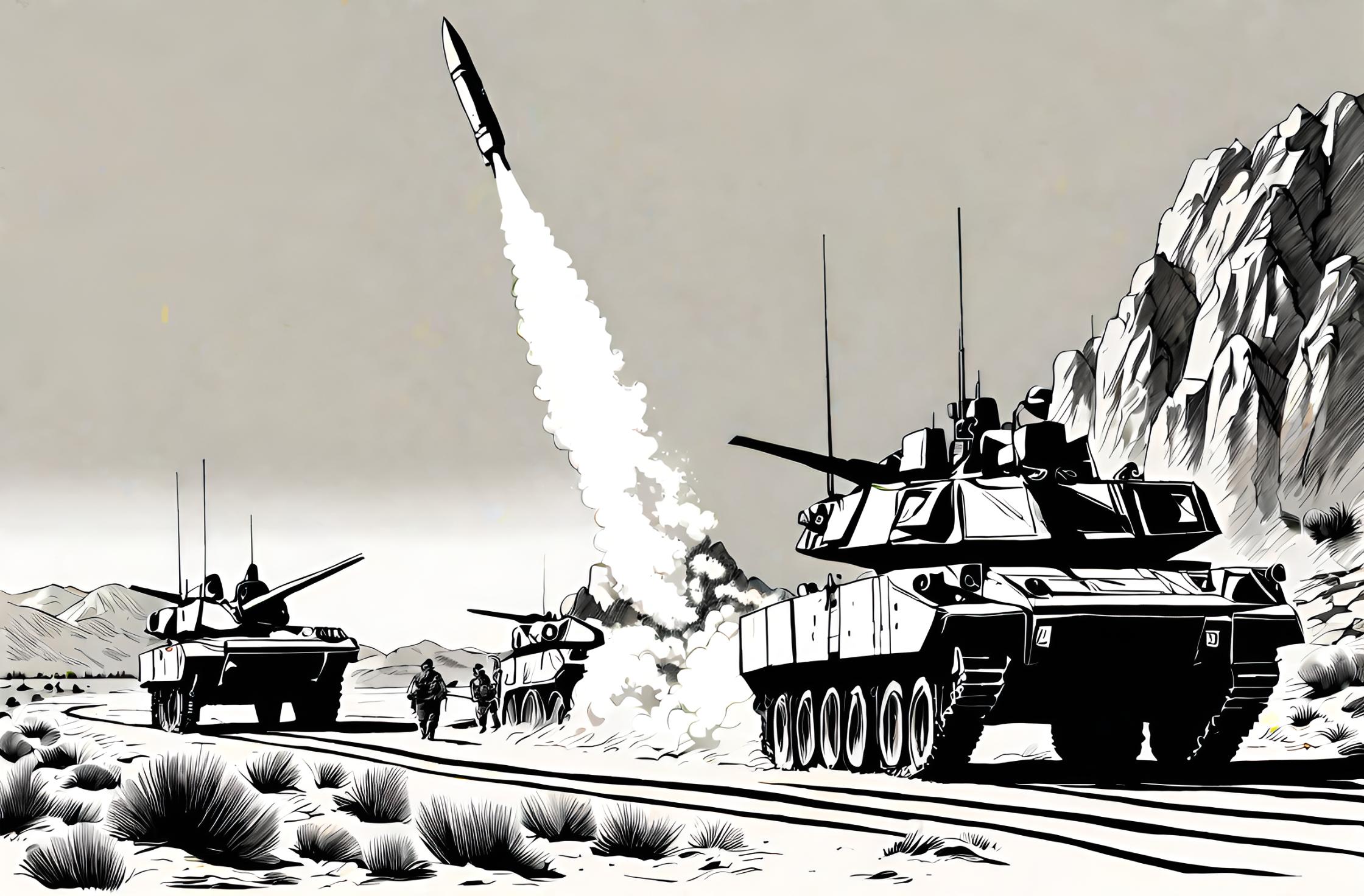Flashback to August 21
World History

1998
The United States military launches cruise missile attacks against alleged Al-Qaeda camps in Afghanistan and a suspected chemical plant in Sudan
Read moreIn reaction to the devastating bombings of American embassies in Kenya and Tanzania on August 7, 1998, the United States military launched an aggressive response. On August 20, 1998, cruise missile attacks were unleashed upon suspected Al-Qaeda strongholds in Afghanistan, as well as a potential chemical plant in Sudan. The military action resulted in the extensive destruction of the al-Shifa pharmaceutical factory in Khartoum, a reputed hub of chemical substances leveraged for malevolent purposes.
With the rise of global terrorism, the 1998 bombings served as a dangerous reminder of the latent threats to American safety both domestically and abroad. The American embassies in Kenya and Tanzania, were brutally targeted, leading to heartbreaking loss and devastation. In retaliation to this audacious act of terror, the United States military, armed with strategic improvements in intelligence, pinpointed key terrorist fortresses.
Nationwide, there was a shared sentiment emphasizing the necessity to maintain national security. One of the measures the US government pursued was swift retaliation against the masterminds behind these attacks, a group that needed no introduction – Al-Qaeda. The American military, armed with cruise missiles, targeted campsites in Afghanistan, allegedly housing Al-Qaeda members. These attacks firmly re-stated the country’s stance against any forms of terrorism threats, causing significant flashes across the global media.
Simultaneously, another target was pinpointed across the continent in Sudan. Alleged to be a chemical plant, the location attracted the attention of American forces. The al-Shifa pharmaceutical factory in Khartoum, thought to be a cover for nefarious activities was, therefore, included in the list of targets in Sudan. Bombs rained down on the factory, and the American military strike resulted in its complete destruction and it capturing global headlines.
However, the attack on al-Shifa pharmaceutical factory did spark heated debate on a global platform. While the American government maintained that the factory was a front for producing chemical weapons, evidence to substantiate these claims remained elusive. The Sudanese authorities vehemently denied these accusations, stating that the factory was solely used for medicinal purposes. The destruction of the factory and the controversy surrounding it remains to this day a debated topic.
Despite the controversy, the military action dosed out by the United States was a clear response to the chilling embassy bombings, which had sent shockwaves around the world. The action signaled a shift in American foreign policy, which displayed a hardened focus on terrorism and the nations perceived to be supporting it. These events held a mirror up to the complexities of global geopolitics and the necessity for relentless investigation and intelligence gathering.
The cruise missile attacks of 1998 act as a stark reminder of the desperate lengths a nation will go to ensure the security of its citizens and their interests worldwide. Terrorism in all forms is a scourge that the United States, among many nations, continuously strives against. The missile attacks against Al-Qaeda camps in Afghanistan and the alleged chemical plant in Sudan epitomize the proactive measures taken to halt the development of terror outfits and suppress any potential threats before they can metastasize.
Navigating the world in a post-1998 bombings environment came with its fair share of learning curves, a challenge heightened by the evolving landscape of digital communication and widespread information dissemination. Regardless, the military response to these bombings will always stand as a symbol of America’s strict stance against terrorism, acting as a deterrent for similar nefarious activities in the future. As such, this significant event has been a pivotal point in shaping the global war against terrorism. The echoes of the 1998 retaliatory missile strikes resonate to this day, reminding the world that any act of terror will not go unchallenged.
We strive for accuracy. If you see something that doesn't look right, click here to contact us!
Sponsored Content

A sixth-century temple is…
"Unveiling a paradigm shift…

Pope Benedict XVI concludes…
On August 21, 2005,…

Adolf Hitler decides against…
On August 21, 1941,…

Lake Nios volcanic eruption…
On August 21, 1986,…

Jean ChrTtien, Prime Minister…
On August 21, 2002,…

Half a million people…
"On August 21, 1984,…

